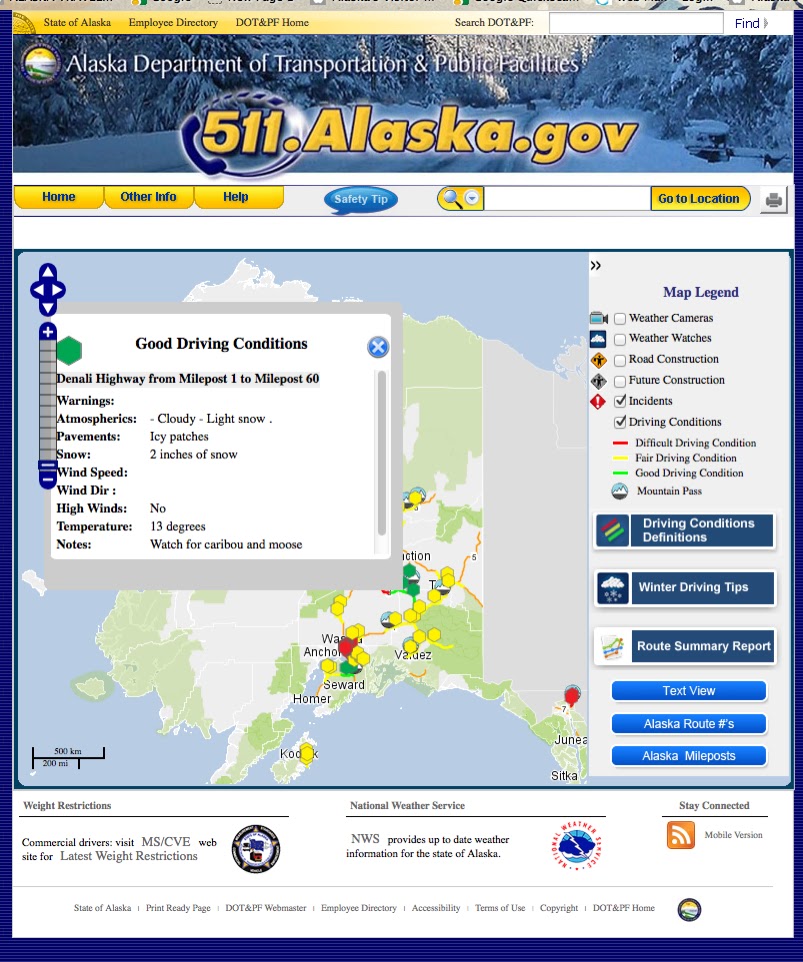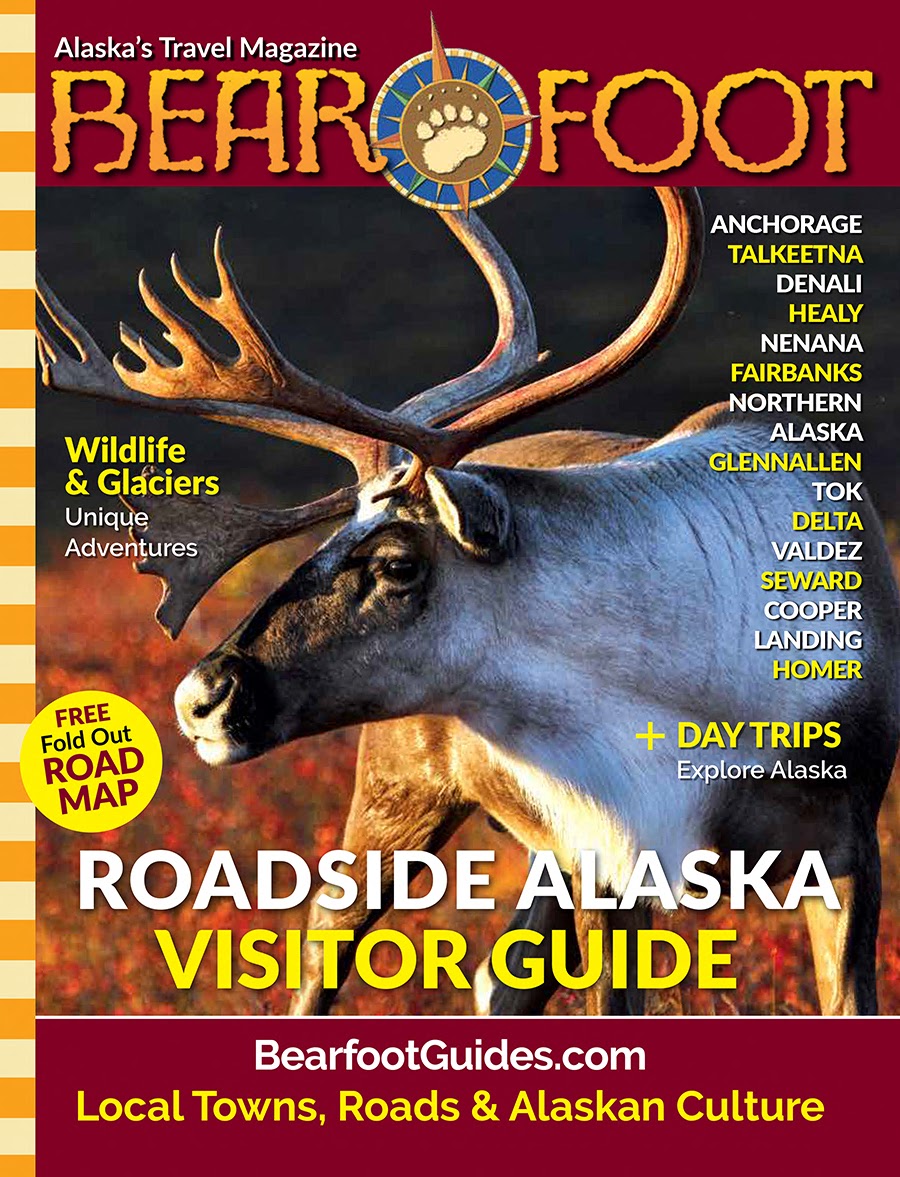2021 Iditarod: The Race Is On & Here Comes Pride In The Backstretch
In 2020, Villages On The Trail Tried To Keep Mushers At Bay To Protect Themselves The Iditarod Sled Dog Race, which celebrates an epidemic...
In 2020, Villages On The Trail Tried To Keep Mushers At Bay To Protect Themselves
The Iditarod Sled Dog Race, which celebrates an epidemic that once took place in Nome, is planning to go ahead this spring with its 2021 competition.
The race passes through a number of remote Native Alaskan villages. Last spring in March, before the coronavirus pandemic even really took off, Native villages along the route – ever vigilant – took exception to the 2020 effort.
 |
| Iditarod musher in 2011, on the Chester Creek Trail with a paying tourist in the basket. (File photo by Country Journal) |
The coronavirus pandemic, even 6 months ago, had already drastically changed the interplay between small Native villages along the trail and the race mushers, handlers, organizers, and watchers. Usually, of course, children run along beside the teams, locals revel in meeting mushers and watching their progress, and hospitality and mingling are a very big deal: a huge part of the promise of springtime as the long Arctic winter begins to wane.
The cities of Unalakleet and Nome both cancelled race-related events. Iditarod activities scheduled for schools in Shaktoolik, Koyuk, Golovin, Elim and White Mountain were all cancelled. Iditarod events typically held at the schools during the race, welcoming people from the outside to their community, were a no-go last March.
In 2020, Unalakleet did not allow local people into the Iditarod checkpoint, placing barricades up to keep the public away from the dog drivers. Last March Bobby Bolen, who was superintendent of the Bering Strait School District, bluntly explained why. In a story in the Anchorage Daily News he said the purpose of the barriers was "to keep the public away from mushers coming through and away from that checkpoint, so mushers can do what they need to do and get back out."
At the Shaktoolik checkpoint, mushers were kept outside the village, and not allowed to look for a place to sleep within the village itself. The Shaktoolik checkpoint was set up out on the tundra, and mushers were delivered their straw, cooking fuel and food drops away from villagers and their families.
Many remote Alaska villages on the Iditarod Trail have minimal health care. On top of that, as in lots of remote Alaskan communities, there are basic issues that people in other parts of America just don't have to think about. For example, a lack of available water.
A story in the Anchorage Daily News on March 14th, 2020, shows a big plastic bowl full of bleach water, sitting on a box at the entrance to an Iditarod bunkhouse in Unalakleet. A handwritten note is taped to the wall behind the bowl. It says: "Water Shortage. Use Bleach Water Dip To Wash Hands."
Although the Iditarod was in full swing, and people were coming into the town, Unalakleet was down to only around five feet of water left in the village water tank. So the need to wash your hands during the pandemic was a dual problem. You had to stay clean. But the village needed water to drink.
Every time somebody used water to wash their hands to protect themselves from the virus, it drew down the entire community's very limited supply of drinking water. The lack of water, in general, in Unalakleet is already ongoing and serious, and the combination of a pandemic and its special needs, the inbound Iditarod Race, and the never-ending water issues the village faces anyway placed an added burden on the community.
 |
| Early classic postcard showing dog team hauling a barrel of water in Nome. |
People there are constantly aware of the water supply problems anyway. Norton Sound says that providing water to the residents of Unalakleet is "always on the threshold of emergency."
This spring's 2021 Iditarod Race has already signed up 61 mushers, and is working with an epidemiologist to figure out how to make it safe. As usual, mushers come from all over. This year, though, it seems that a majority are Alaskans, coming from everywhere in the state. There are a few Canadians, and an even smaller number of other foreigners, mainly from Norway, but one from Sweden, another from Denmark, and another representing Switzerland.
SUNDAY, SEPTEMBER 20TH, 2020. COPPER RIVER COUNTRY JOURNAL

















